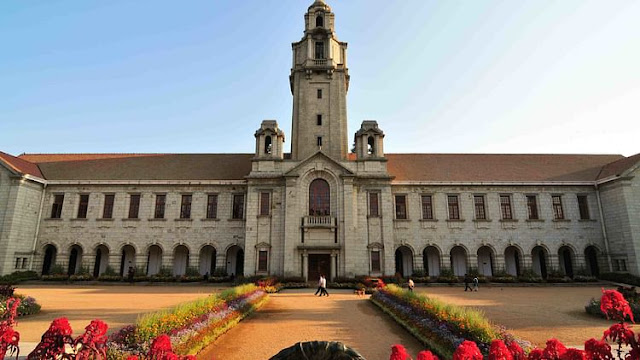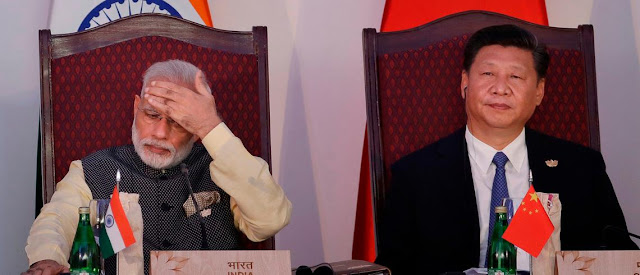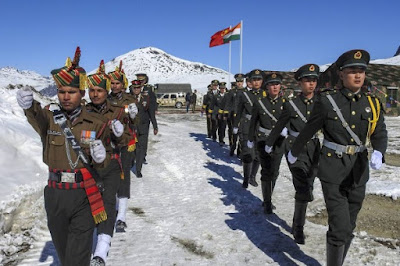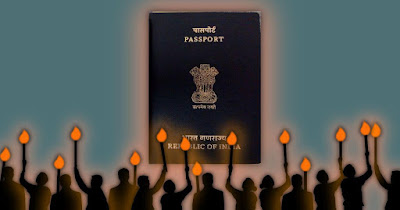Education for success: Considerations for a Liberal Education

For the students in India, 2020 changes everything. It's been a while that the usual formula - entrance examinations, engineering degrees and IT jobs - was looking shaky. But, now, with the economy in a full crisis mode, a new imagination is needed. With the old ways of doing things falling apart, the only safety now is in finding one's own way by being really really good at something. But how does one know what she can be really good at? A broad education, which allows intellectual freedom of exploration and synthesis, is hardly offered in India. A society obsessed with safe careers, students specialise early: Most peoples' lives are spoken for when they reached secondary school and they start taking special coaching classes with an eye on the profession. The community, the family and the parents decide what the student would do in life: There is very little choice, very little experimentation, to be allowed in a decision that one has to live with all her life. However, ...







